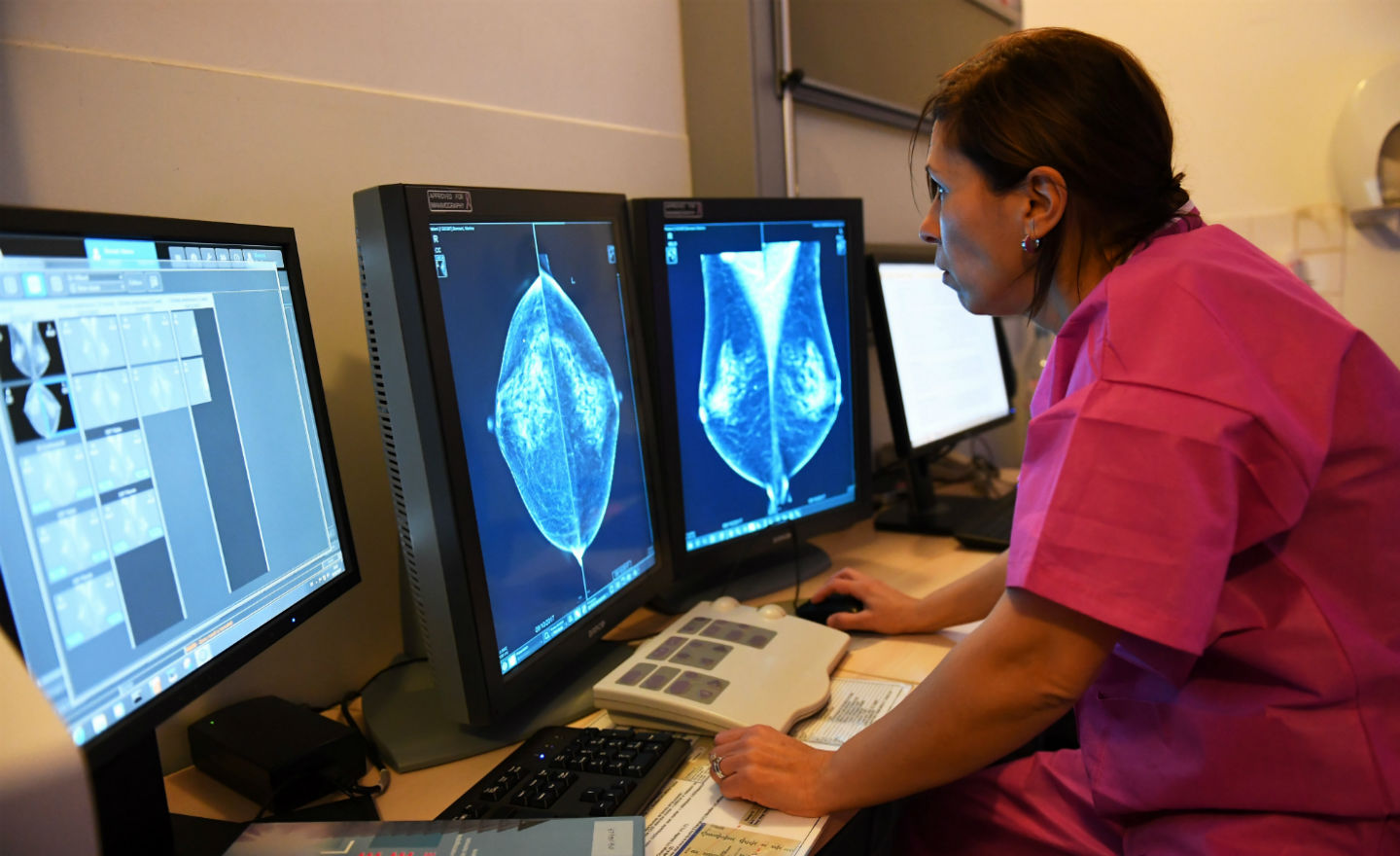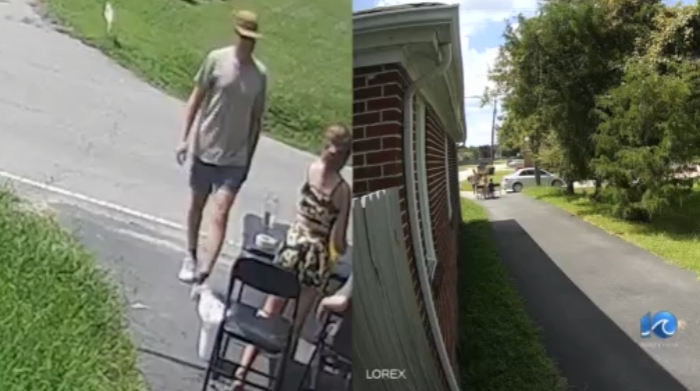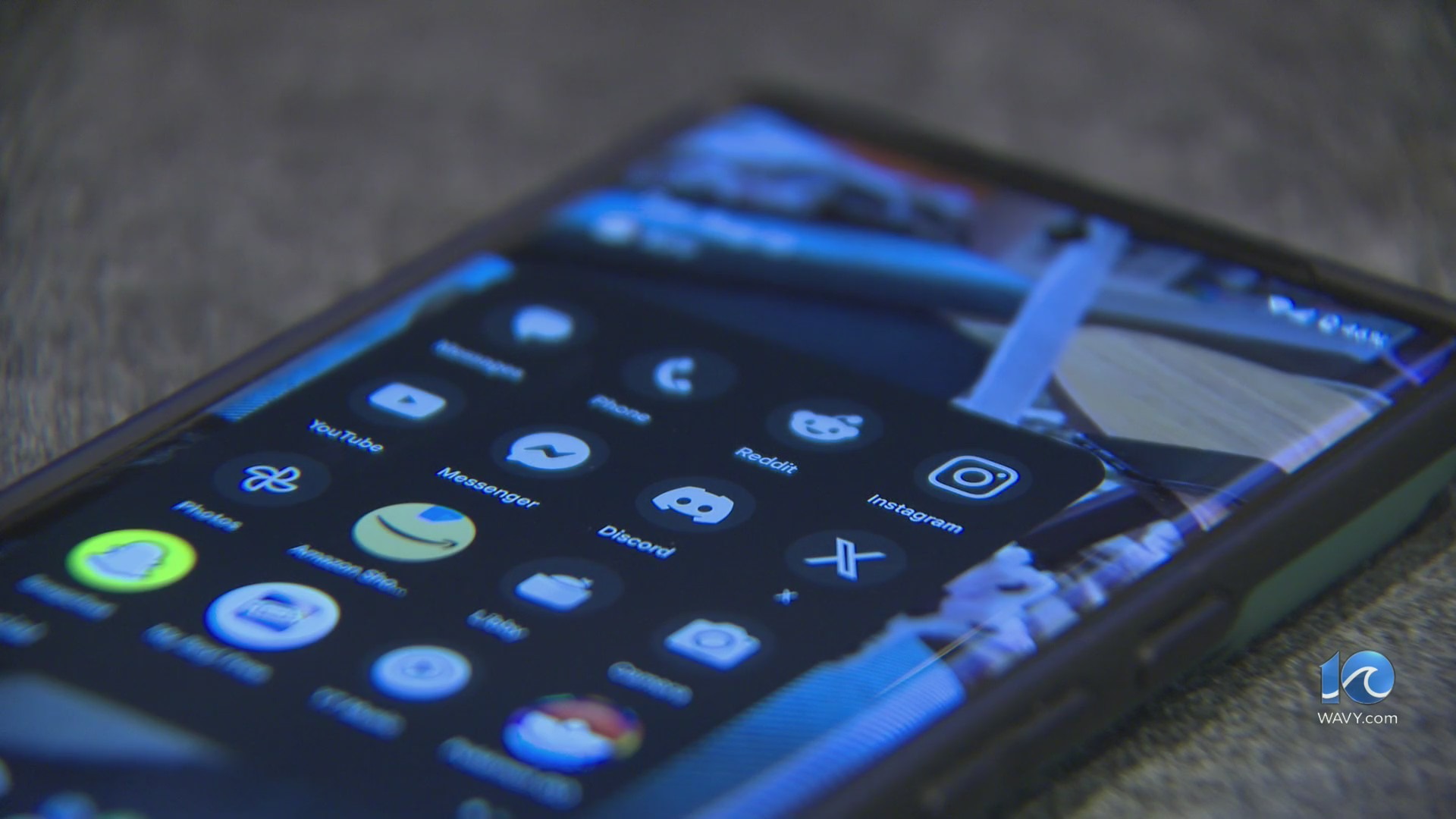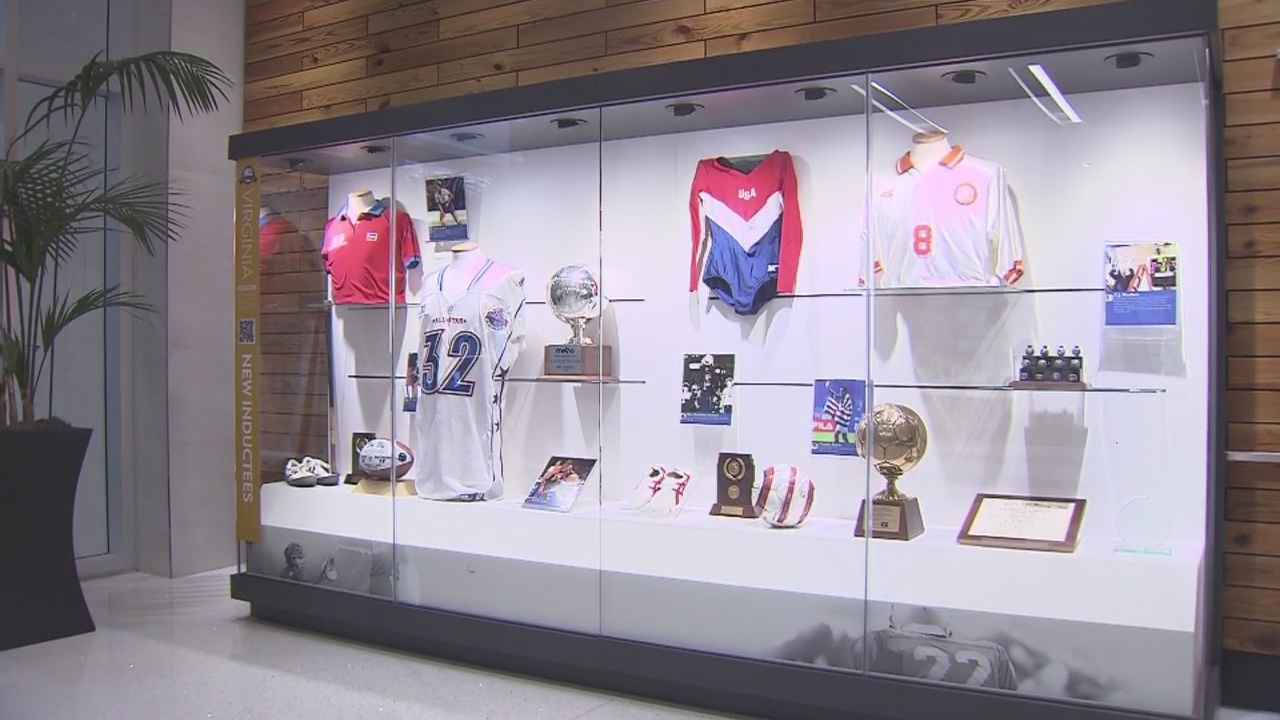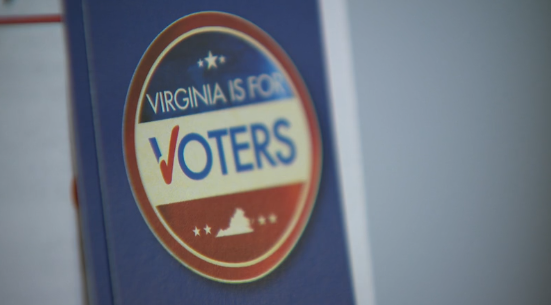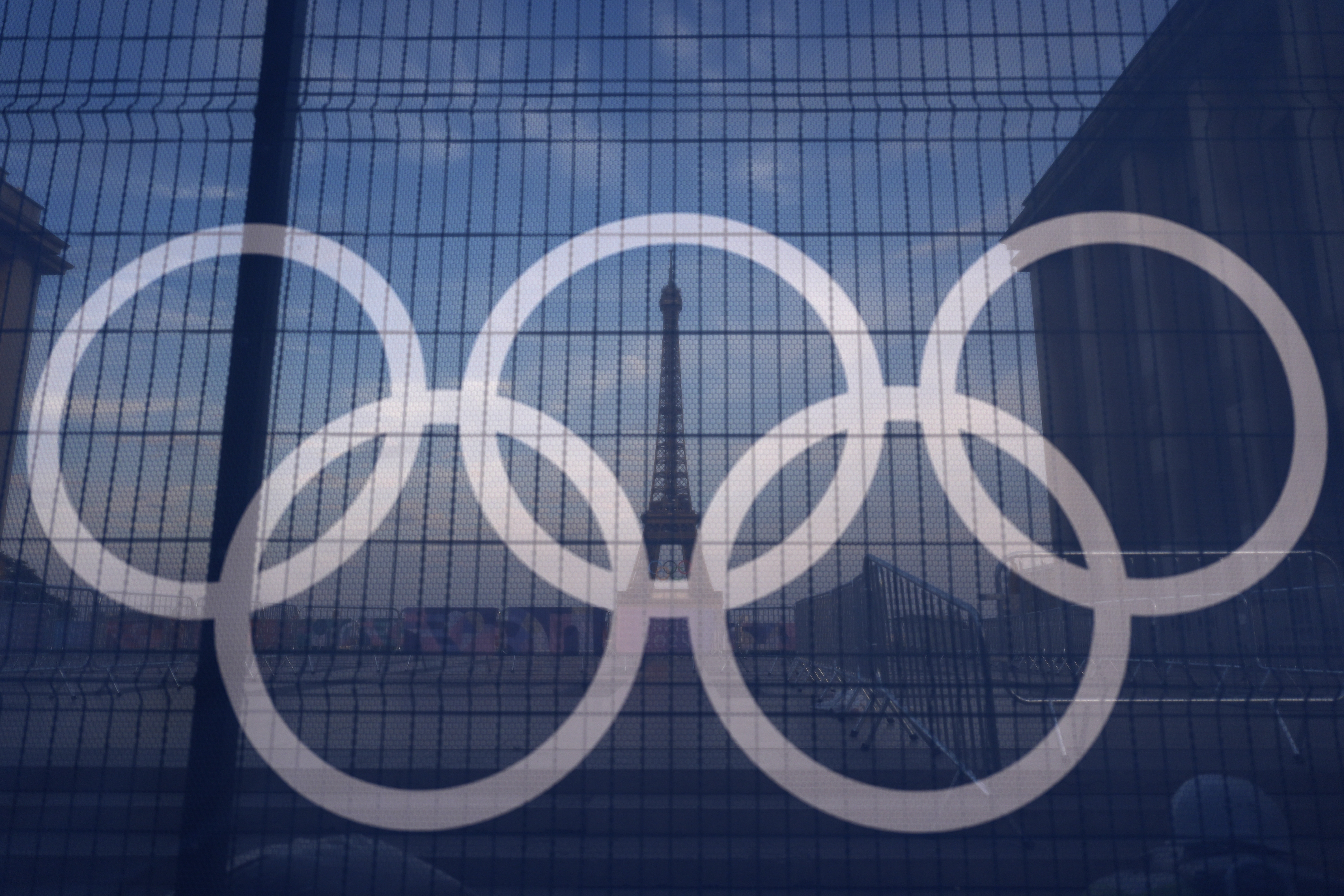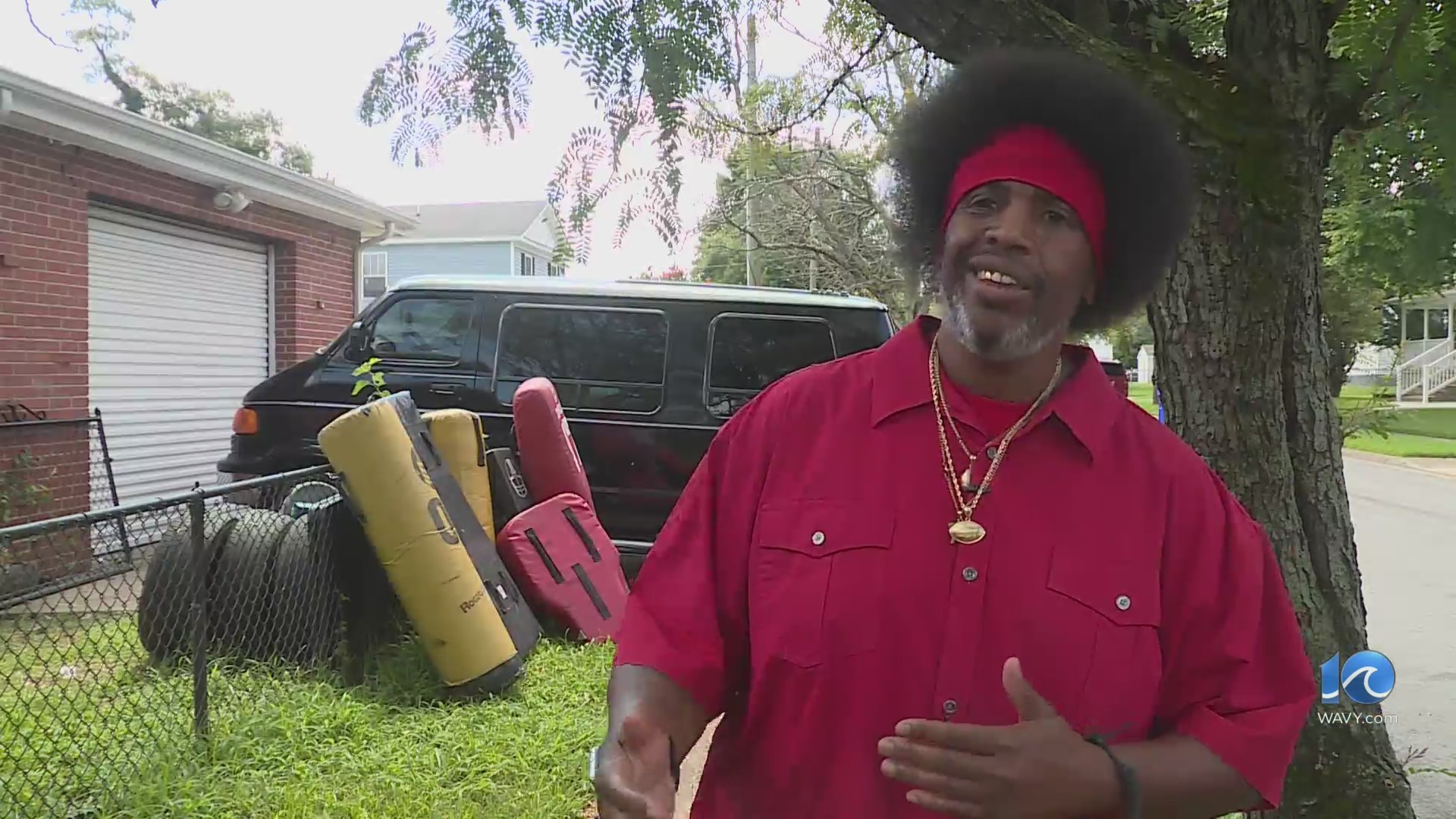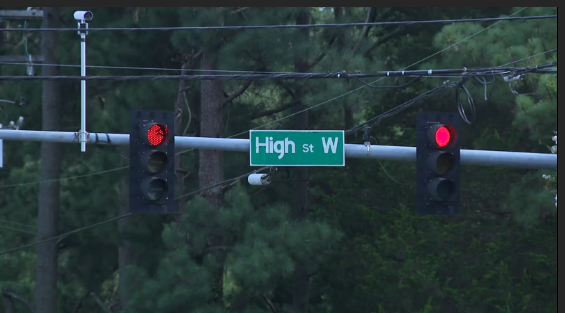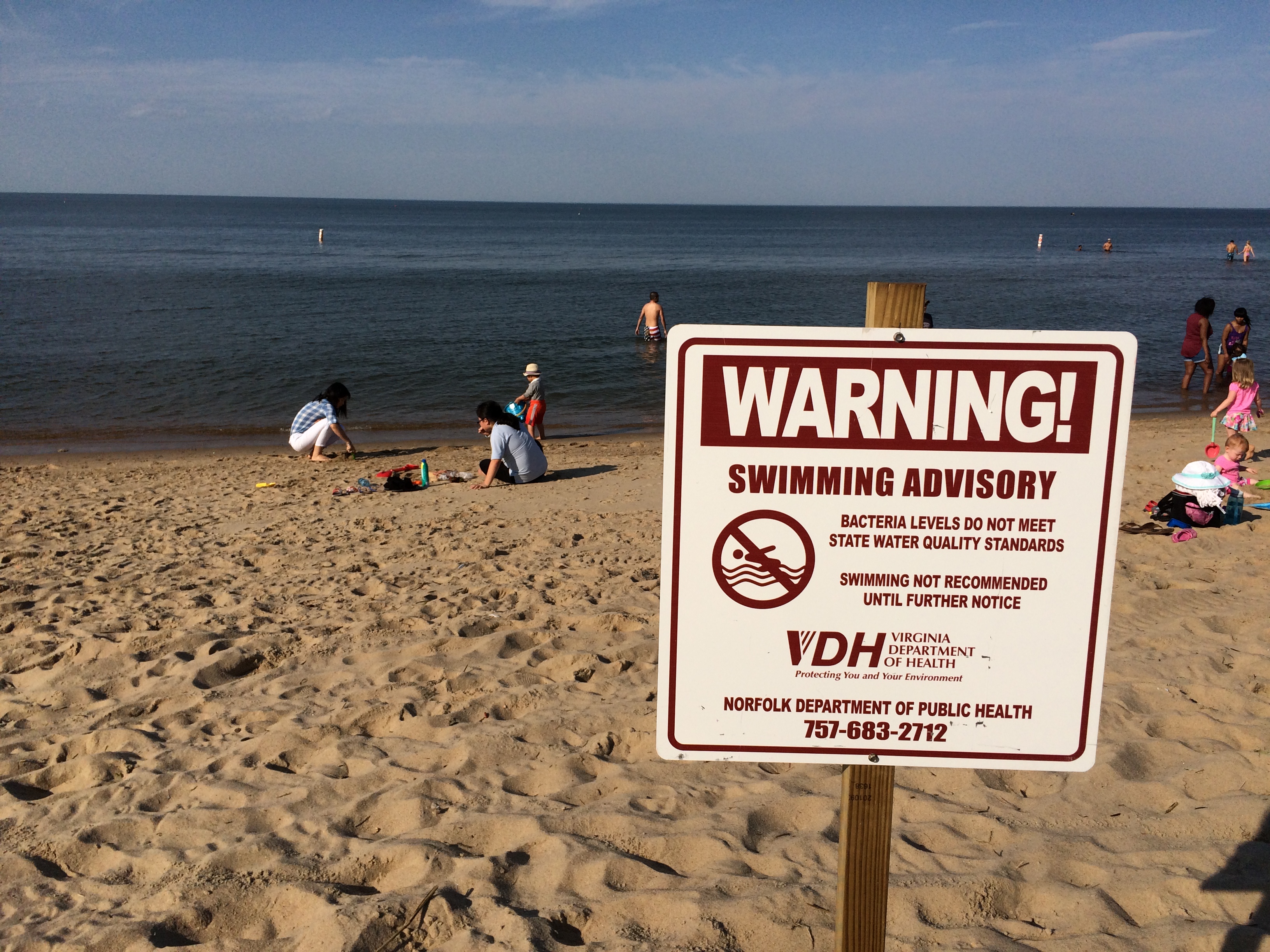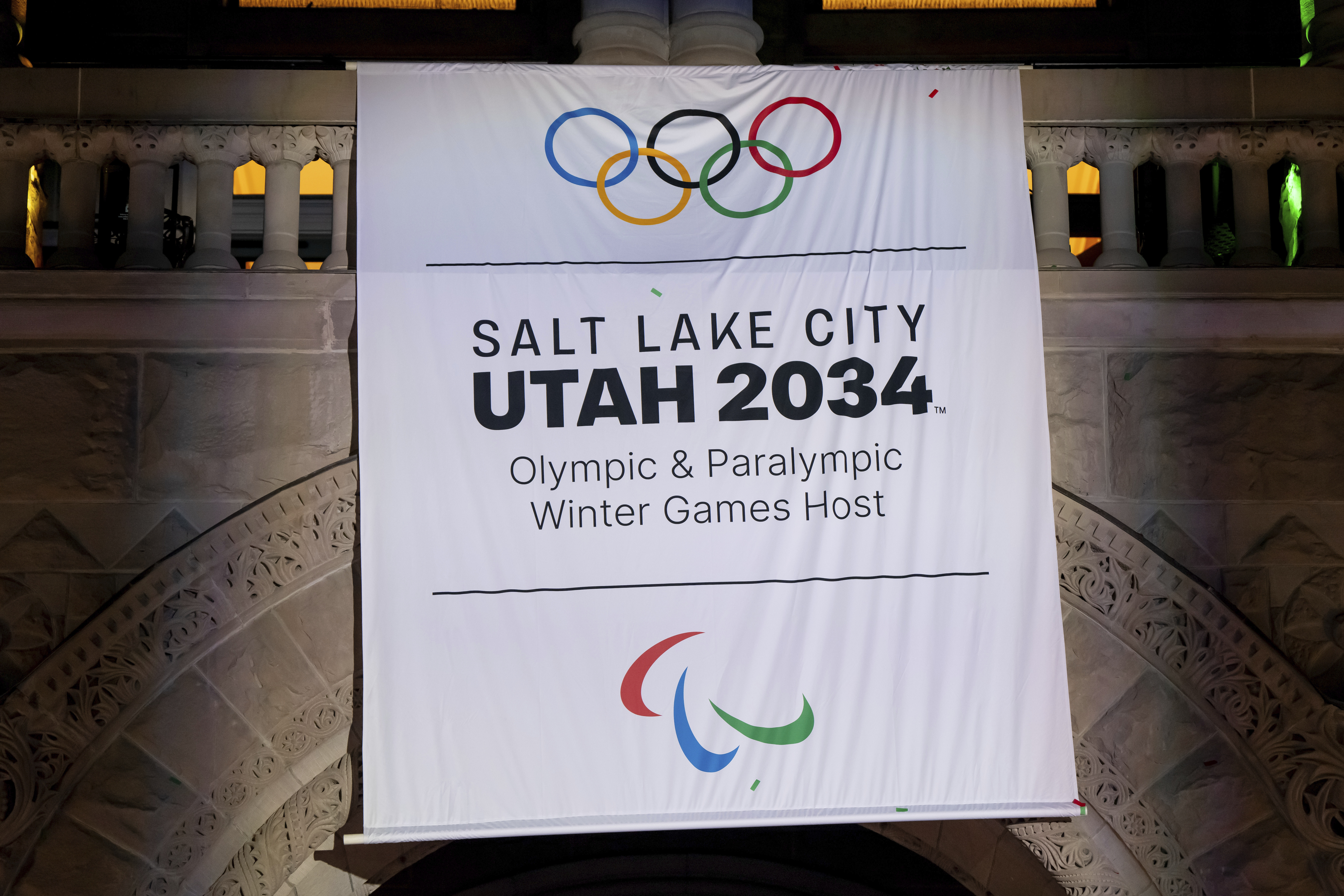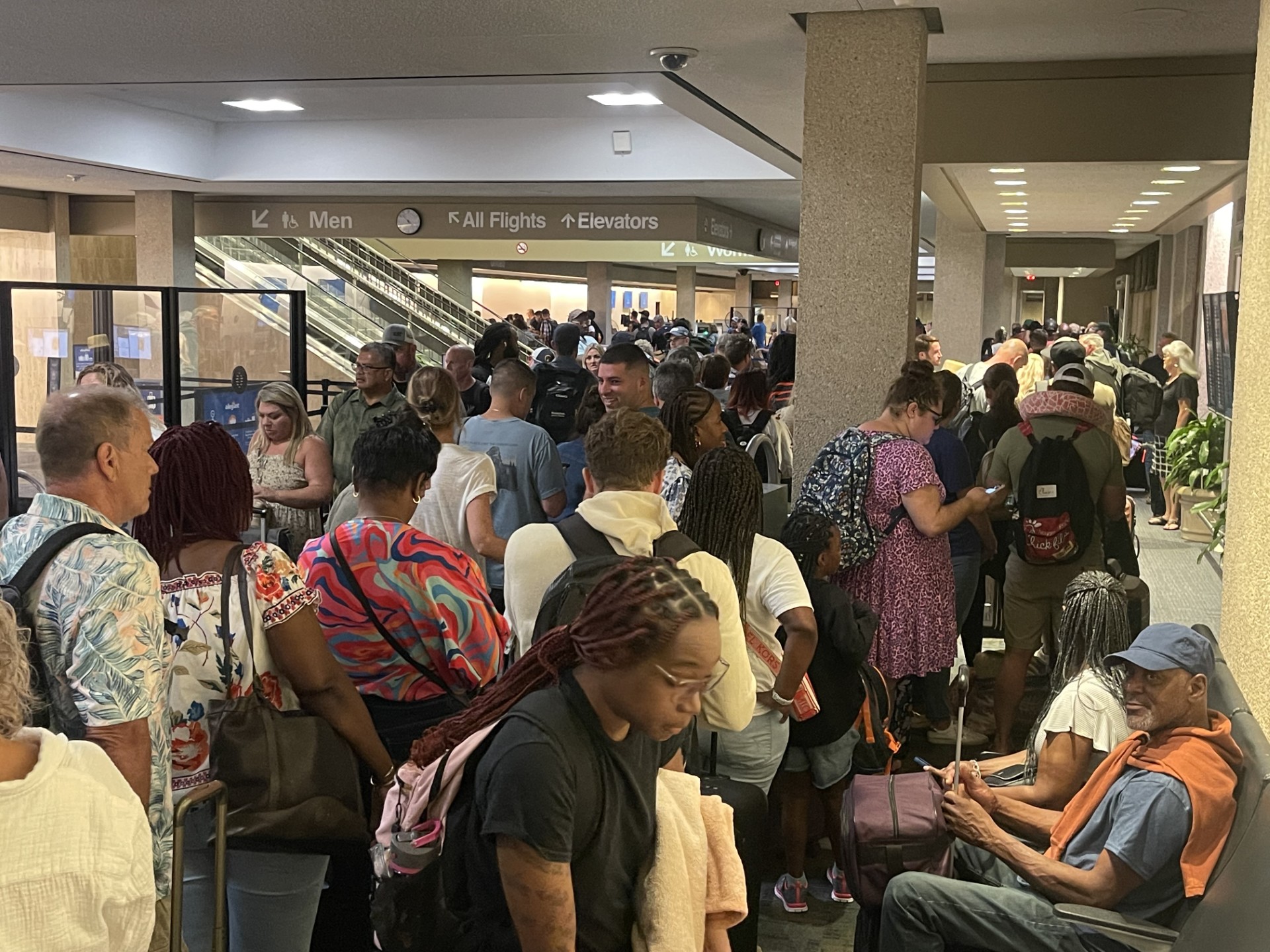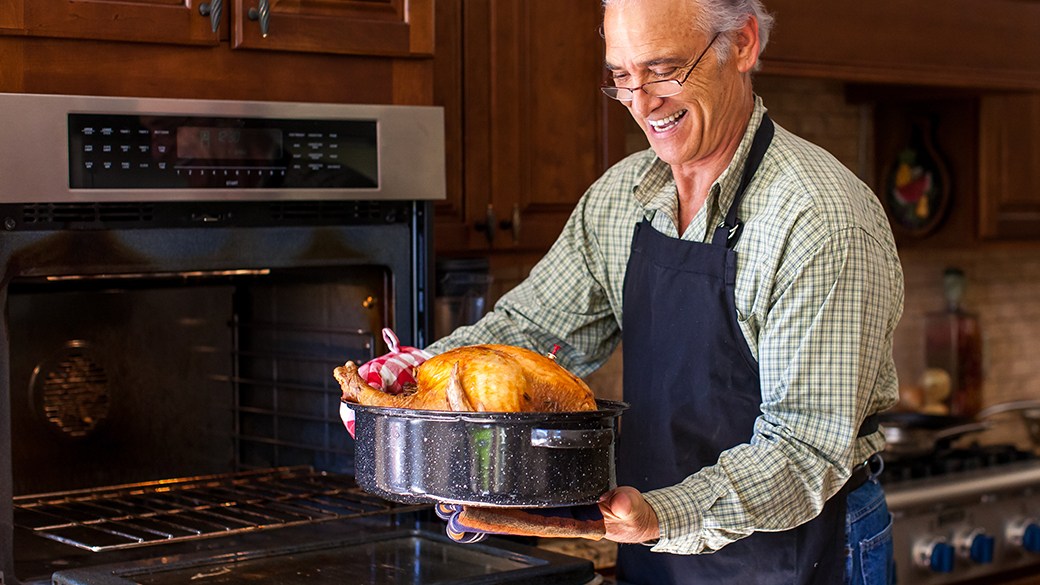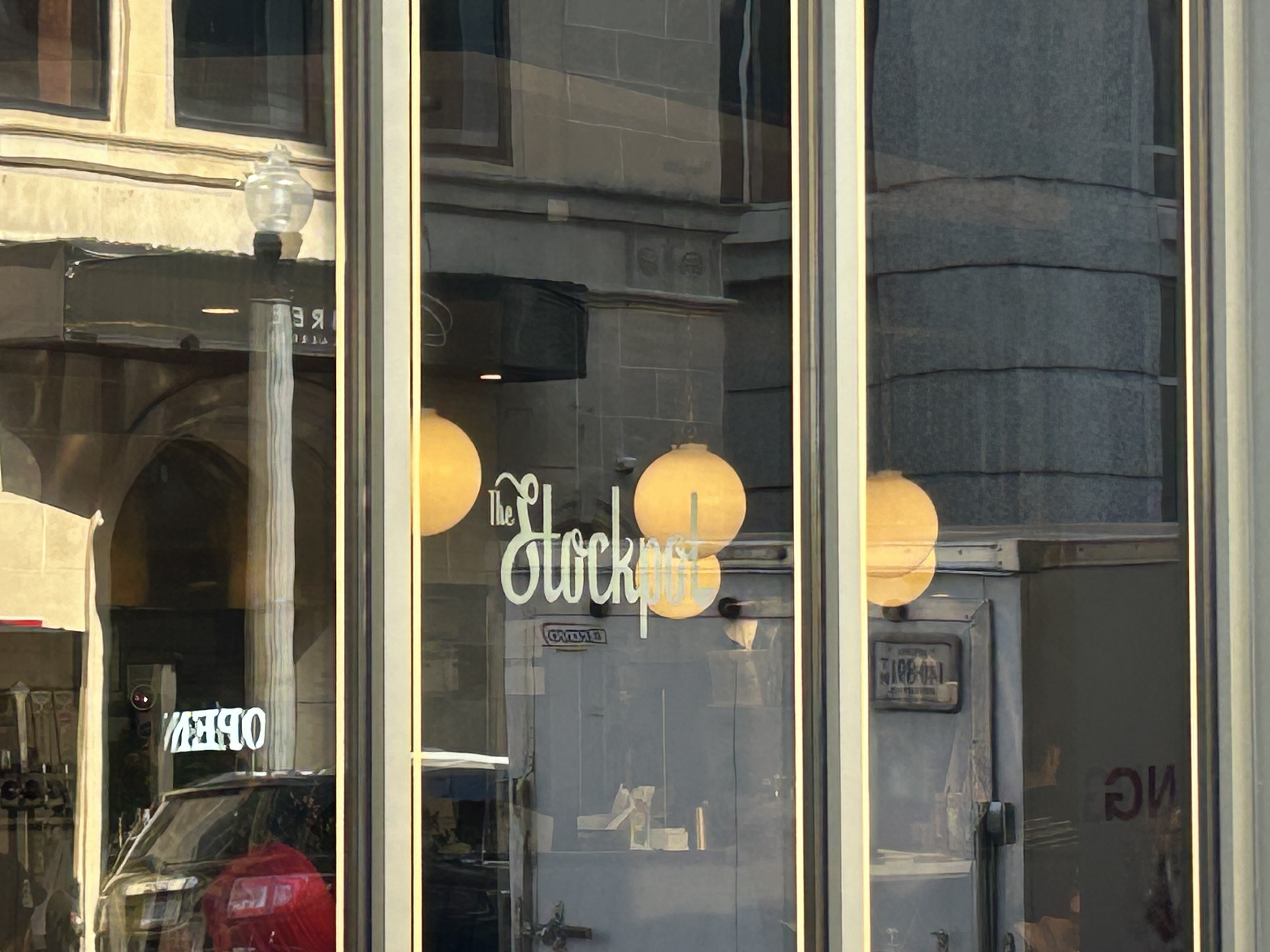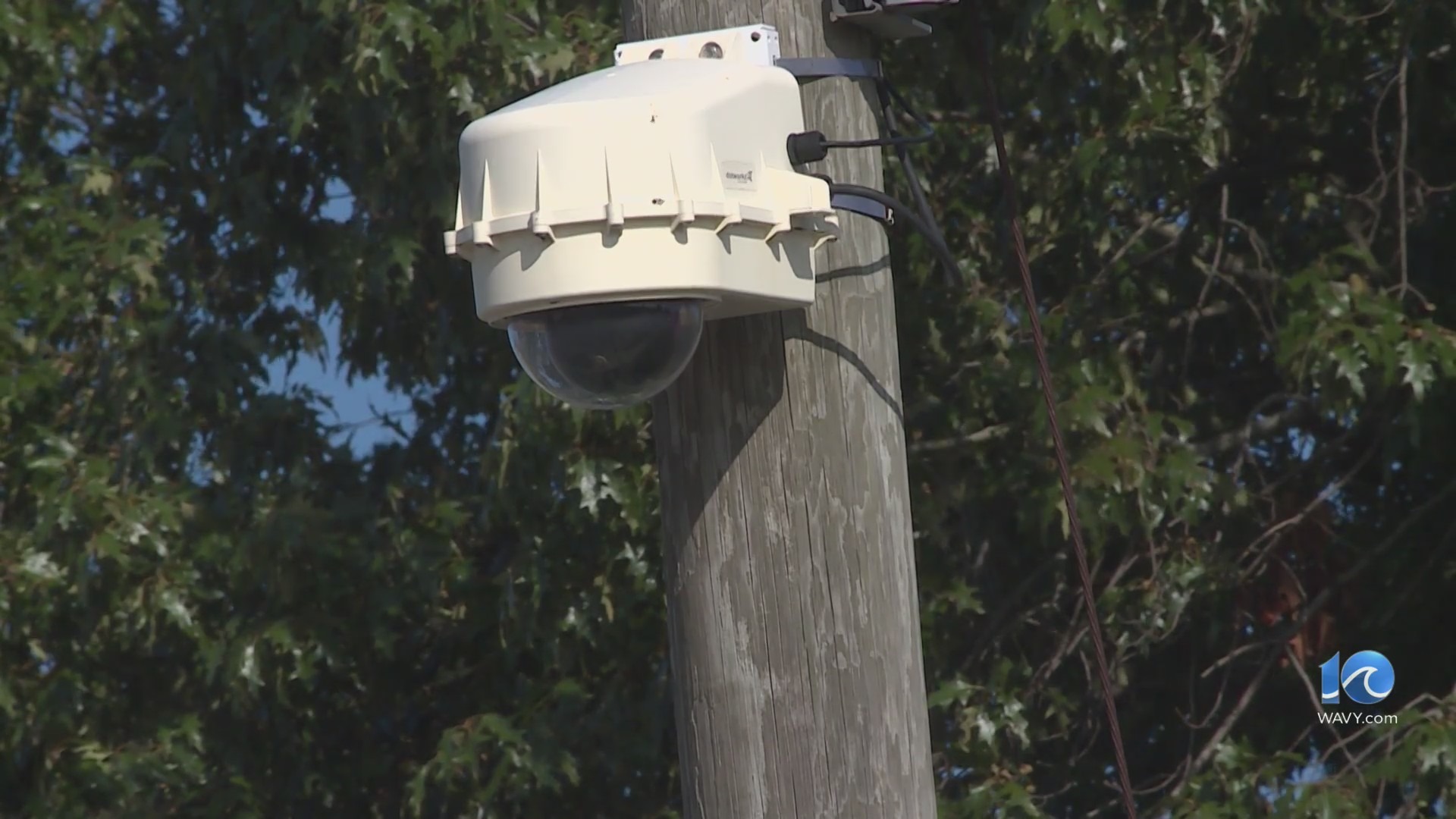CHICAGO (The Hill) — A Democratic National Convention like no other got underway here on Monday.
President Biden, who two months ago expected this event to be his ceremonial coronation as his party’s nominee, is instead passing the torch to Vice President Harris.
Democrats, who fell into a deep gloom after Biden’s disastrous June debate with former President Trump, are energized by the Harris candidacy. The vice president has edged ahead of Trump in most national surveys, leading the polling average maintained by The Hill and Decision Desk HQ by three points.
But the sharp transition from one party leader to another creates a delicate balance for Democrats as they try to move on from Biden in a way that does not disrespect him.
That’s not the only challenge. Outside the strict security perimeter in Chicago, protesters outraged at Biden’s policies on Israel and Gaza are trying to make their voices heard.
Here are the big takeaways from the first day of the convention.
Biden gets a tough job done
Biden had a difficult task in an emotionally tough moment.
He understandably wanted to defend his own record while at the same time making the case for Harris — and striking a tone that was not too melancholy nor mawkish.
He pulled it off in an address that lasted almost 50 minutes.
He cast his own presidency as a recovery period from the twin traumas of the Capitol Riot of Jan. 6, 2021 and the COVID-19 pandemic. He wove Harris into his own preferred narrative of recovery, citing her tie-breaking vote to pass the Inflation Reduction Act as one example. When the crowd broke out into a chant of “Thank you, Joe,” Biden responded, “Thank you Kamala too.”
There were plenty of attacks on Trump — as a danger to democracy, a candidate who takes a fundamentally pessimistic view of the United States, and a selfish person who killed a bipartisan border deal earlier this year for political gain.
The timing of the speech was hardly in Biden’s favor. By the time he started speaking, it was 11:30 p.m. on the East Coast. He finished well after midnight.
He was joined on stage by first lady Jill Biden, and moments later by Harris and her husband Doug Emhoff, as well as the extended Biden family.
There was an undeniable poignancy to the speech’s final moments where Biden talked about having given his “heart and soul” to his nation for 50 years.
“I love the job,” he said, speaking of his decision to step aside from his reelection bid. “I love my country more.”
Hillary Clinton suggests Harris will finally shatter ‘glass ceiling’
Hillary Clinton cast Harris as a historic figure who might finally shatter the “glass ceiling” to become America’s first female president.
The phrase is closely associated with Clinton’s 2016 presidential campaign, which ended in her shocking loss to Trump.
Harris has not, so far, placed much emphasis on her own capacity to be a barrier-breaker — perhaps assuming the message is already obvious. She is the first woman, first Black person and first person of South Asian heritage to serve as vice president.
But Clinton cast Harris in a more explicitly feminist lineage. The former New York senator invoked women winning the right to vote; Rep. Shirley Chisholm’s (D-N.Y.) trailblazing run for president in 1972; and Geraldine Ferraro becoming the first woman on a major party’s ticket as Democratic nominee Walter Mondale’s running mate in 1984.
“My friends, the future is here,” Clinton said of Harris.
Later in her speech, Clinton contended that she could see “freedom” through the cracks in her metaphorical glass ceiling,
“On the other side of that glass ceiling is Kamala Harris taking the oath of office as our 47th President of the United States,” Clinton said.
A surprise, brief appearance from Harris
Harris’s big acceptance speech will not happen until Thursday but she ignited the crowd with a brief, surprise appearance on Monday.
Entering to the strains of Beyoncé’s “Freedom,” — which has become a semi-official campaign theme song — Harris immediately paid tribute to the “incredible” Biden. “We are forever grateful to you,” she said.
The vice president spoke for only about two minutes. A primary purpose of her appearance was surely to provide compelling images for Monday’s late-night local news broadcasts and Tuesday’s front pages.
Harris confined herself to a brief summary of her central campaign theme. “We are moving forward — in optimism, hope and faith,” she said.
Such a brief appearance surely won’t change anything fundamental. But it at least whet the appetite of loyal Democrats for the rest of this week.
Ocasio-Cortez wows with star power
Rep. Alexandria Ocasio-Cortez (D-N.Y) drew one of the most rapturous receptions of the night — a tribute to her her charisma and to the hope progressive Democrats invest in her, even as she draws the wrath of conservatives.
The 34-year-old New York congressman, firmly on the left of the party, made a notably mainstream Democratic appeal, calling for voters to support Harris and her running mate, Minnesota Gov. Tim Walz (D) as fighters for the middle class. She also blasted Trump as a “two-bit union buster” who would “sell this country for a dollar.”
Ocasio-Cortez made reference to the conflict in Gaza, which has roiled the Democratic Party. But she did so only to pay tribute to Harris for “working tirelessly to achieve a ceasefire in Gaza.”
Above all, the New Yorker’s address was more notable simply for the excitement engendered in the United Arena. Even its opening moments were interrupted by spontaneous chants of “AOC!”
A smiling Ocasio-Cortez thanked for the crowd for their “energy.”
Palestine protests fizzle outside
One of the bigger surprises of the first day was the relative lack of impact from the protests over Gaza.
The main pro-Palestinian coalition behind a Monday march contended 20,000 people had participated. But most independent observers disagreed. The crowd was in the “low thousands” in the estimation of the New York Times and numbered “only a few thousand” according to the Associated Press. Chicago authorities gave no official estimate.
Trouble appeared to have been kept to a minimum, a consequence of the heavy police presence as well as the lower than expected turnout.
The muted events will be a relief to convention organizers and the Democratic establishment more broadly, which had worried that disorder could create troubling echoes of the 1968 Democratic convention — also in Chicago — which descended into chaos amid protests over the Vietnam War.
There is another big march over Gaza scheduled for Thursday.













































































